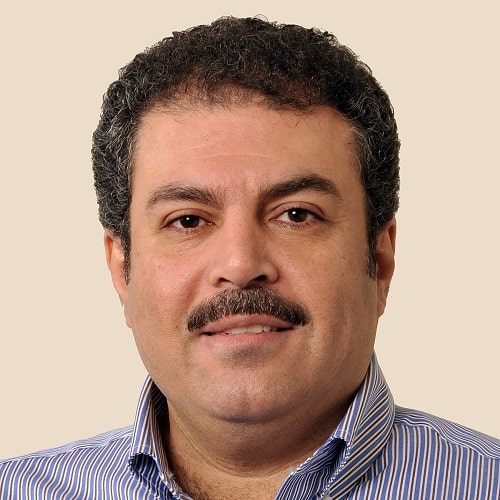Advisory Board Section
Academia
Primary Website
Biography
Additional Title
- Distinguished University Professor of Nuclear Engineering, Director of Nuclear Reactor Program, North Carolina State University
Dr. Hawari is interested in performing experimental and computational investigation (simulations) to understand the fundamentals of the interaction of radiation with matter and the resulting ramifications that impact the engineering of nuclear systems. Currently, his research group conducts measurements and simulations (using ab initio and molecular dynamics methods) to investigate the scattering of thermal neutrons in matter and to generate thermal neutron scattering cross-section data. In addition, they apply atomistic modeling techniques and develop experiments to study the behavior of accident tolerant fuel in the extreme radiation and temperature environments of a nuclear reactor. Hawari’s group is also engaged in the validation and benchmark of modern nuclear reactor simulation tools in support of transient testing of nuclear fuel. All of these thrust areas directly support the development of Advanced Nuclear Reactors including Small Modular Reactor concepts.
Dr. Hawari’s work also focuses on developing and utilizing radiation beams as probes of matter at the nano-scale. This includes the utilization of thermal neutron beams in imaging and scattering applications, and the use of slow positron beams to assay nano-porosity in matter. These types of beams can be generated using a nuclear reactor such as the PULSTAR research reactor on the NCSU campus. Therefore, he is interested in the development of experimental facilities for nondestructive examination at research reactors. Information about the PULSTAR reactor and facilities developed by Hawari’s group can be found here.
